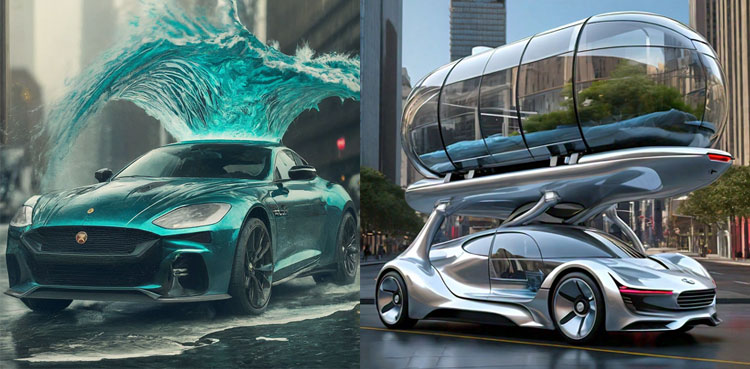With the increasing concern about climate change and the environment, many have been searching for alternative fuel sources to power their vehicles. One notion that has gained significant attention is the idea of cars running on water. However, despite numerous claims and experiments, the concept remains a myth. In this article, we will explore the reasons why cars cannot run on water.
The Laws of Thermodynamics
The fundamental laws of thermodynamics dictate that energy cannot be created or destroyed, only converted from one form to another. In the case of a car engine, chemical energy from fuel is converted into mechanical energy to power the vehicle. Water, however, does not contain the necessary chemical energy to power an engine.
The Internal Combustion Engine
Modern cars use internal combustion engines, which rely on the combustion of fuel (gasoline or diesel) to generate power. Water does not have the necessary properties to ignite and sustain combustion, making it impossible to power an internal combustion engine.
Electrolysis and Hydrogen Fuel Cells
Some experiments have used electrolysis to split water into hydrogen and oxygen, which are then used to power a fuel cell. However, this process requires an external energy source, making it inefficient and not viable for powering cars.
Conclusion
While the idea of cars running on water may seem appealing, it is not supported by scientific principles. The laws of thermodynamics and the design of internal combustion engines make it impossible for water to be used as a fuel source. Alternative fuel sources, such as electric and hybrid vehicles, offer more promising solutions for a sustainable future.
Note: This article is a general overview of the topic and is not intended to be a comprehensive scientific explanation.



Leave a Comment